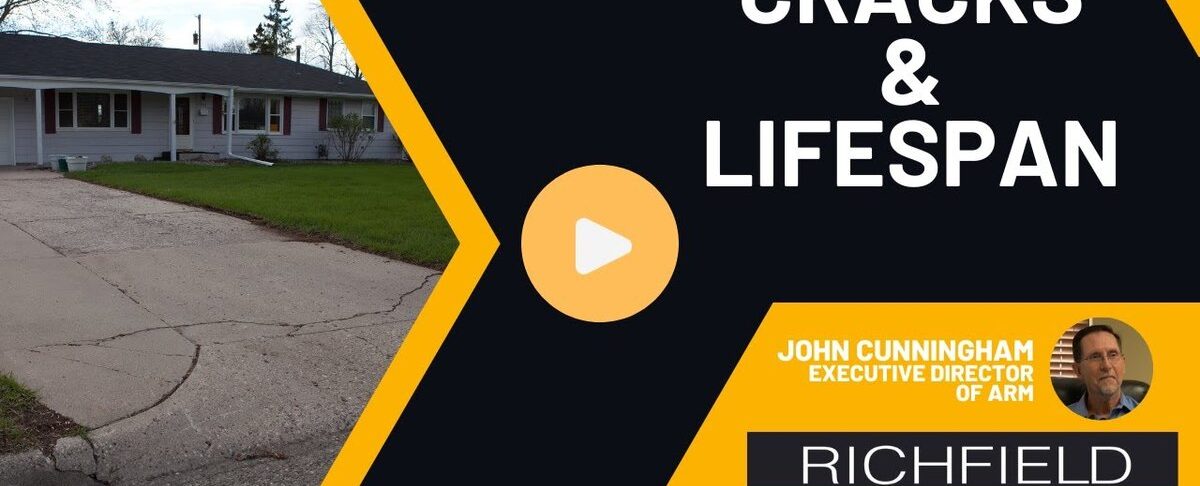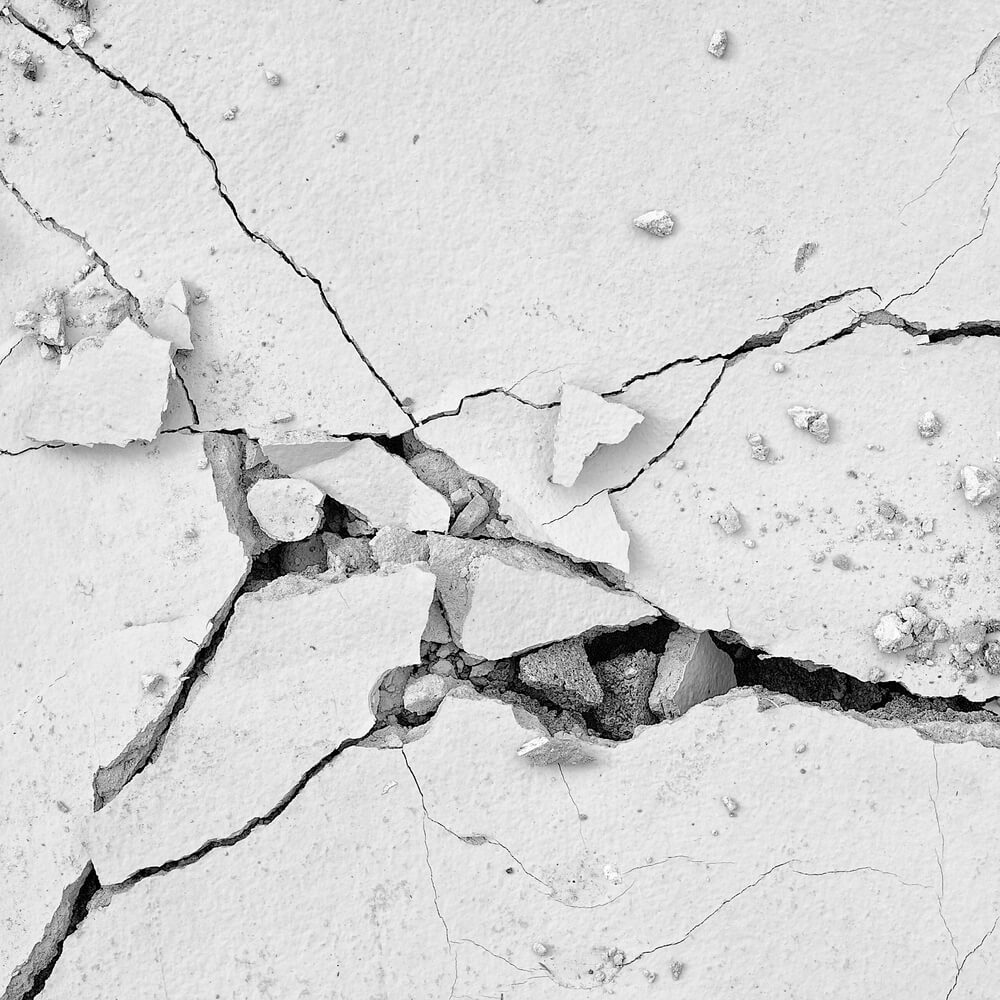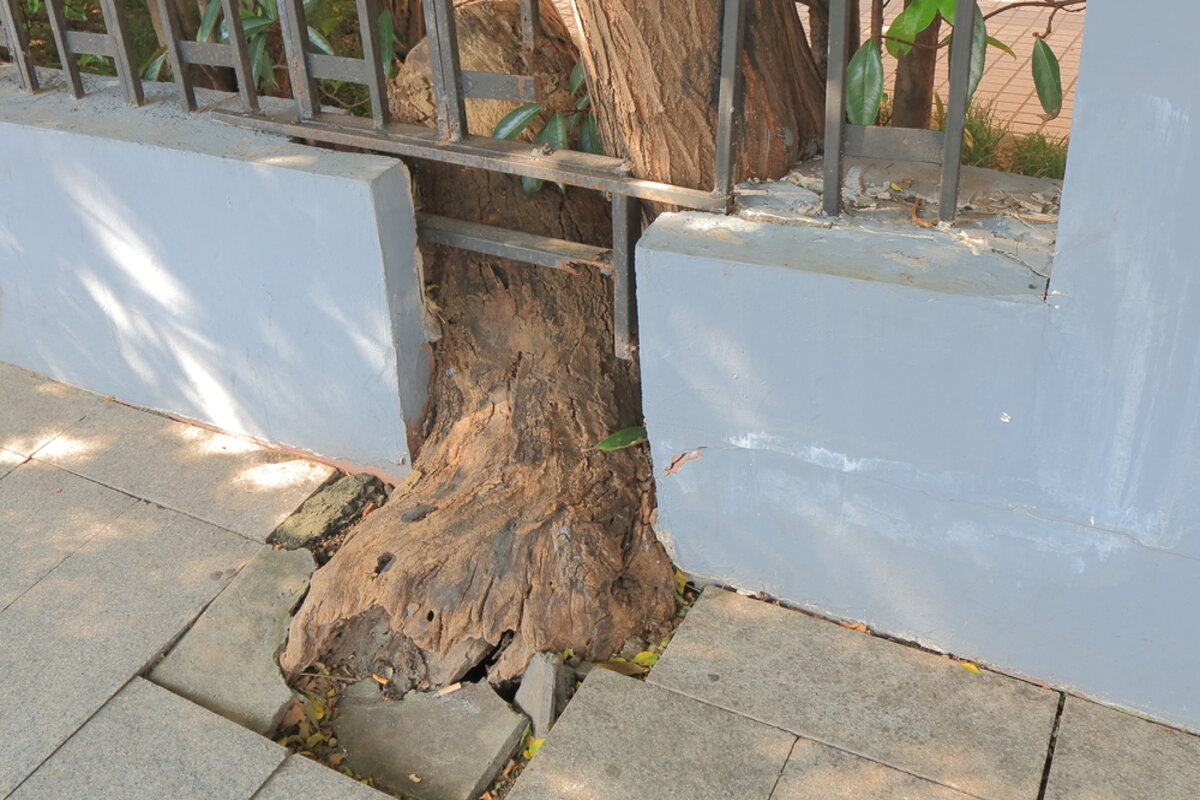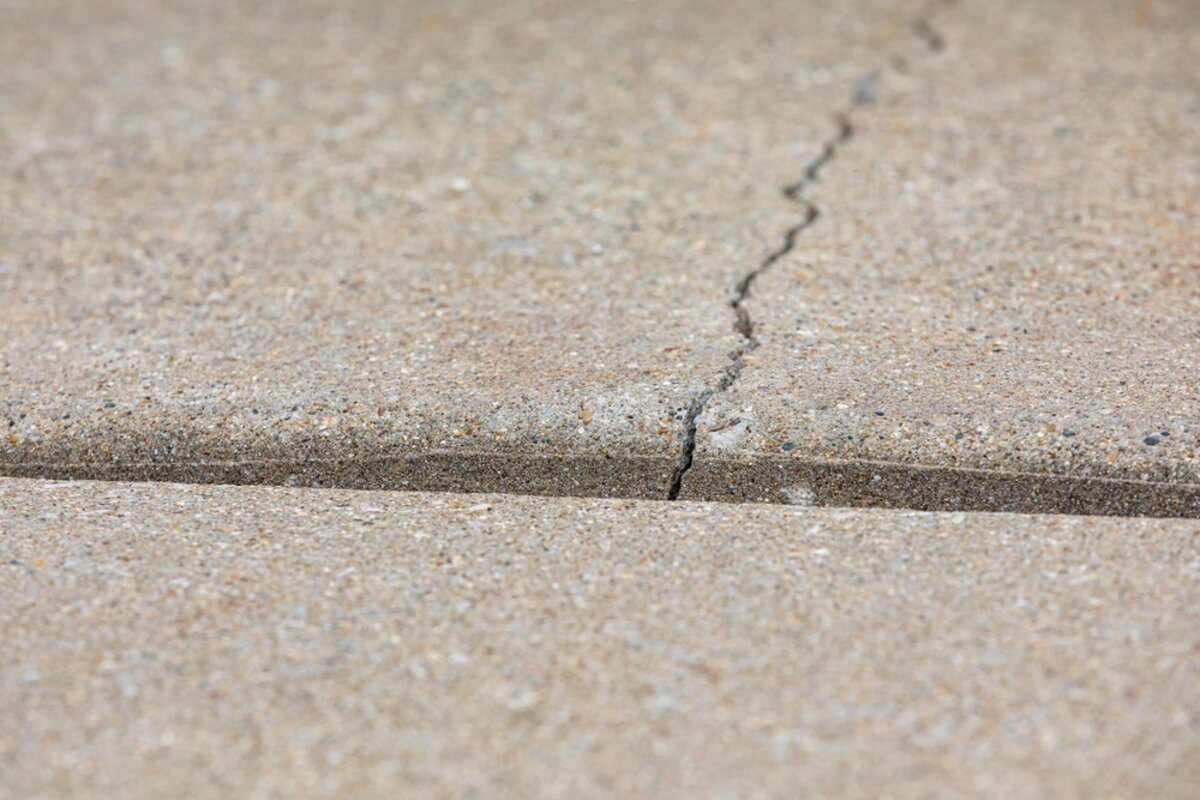Concrete is a ubiquitous material in construction, used for everything from residential foundations to massive bridges. Despite its durability, concrete is not immune to developing cracks over time. A common concern is whether these cracks reduce the lifespan of the concrete structure. The simple answer? It depends.
In this blog post, we’ll delve into the different kinds of cracks, their causes, and how they can impact the long-term durability of a concrete structure.
Every Crack Is Different
Types of Cracks
The first thing to note is that not all cracks are created equal. Concrete can develop various types of cracks, such as surface cracks, structural cracks, or shrinkage cracks, each with its own set of causes and implications.
The Significance of Causes
Cracks can arise due to various factors, ranging from poor construction practices to external loads that exceed the strength of the material. The cause of a particular crack is crucial in determining its potential impact on the concrete’s durability. A crack resulting from a one-time overload might not be as problematic as one that results from ongoing issues like freeze-thaw cycles or chemical corrosion. Therefore, understanding the cause is the first step in assessing whether a crack will reduce the lifespan of the concrete.
A Crack Alone Isn’t Worrisome
Often, the presence of a crack alone does not mean that the concrete has failed. Many concrete structures with cracks continue to function as intended without any significant issues. However, it’s essential to consult with an expert to assess the specific situation.
An expert can evaluate the type of crack, its location, and its size, among other factors, to provide a more accurate idea of any long-term durability issues. So, if you notice a crack, don’t panic—get it evaluated to determine whether it will affect the lifespan of the concrete.
Natural Expansion and Contraction of Concrete
One of the common reasons behind the appearance of cracks is the natural expansion and contraction of concrete. When exposed to varying temperatures, concrete expands and contracts, which can lead to cracking if the movement is restricted or if there are no proper joints to accommodate this motion. These types of cracks usually do not impact the long-term durability of the concrete, as they are a result of the material functioning as it was intended to.
Crack and Performance
Not every crack will detract from the long-term performance of a concrete structure. Some minor cracks might be more of a cosmetic issue than a structural one. However, other cracks, especially those that widen over time or are located in critical areas, might signify more serious problems.
An expert can give you a comprehensive assessment, considering factors like the load the concrete has to bear and its overall health. If the crack has resulted from an overload that exceeds the concrete’s strength, it might be a more serious issue that could impact its lifespan.
Conclusion
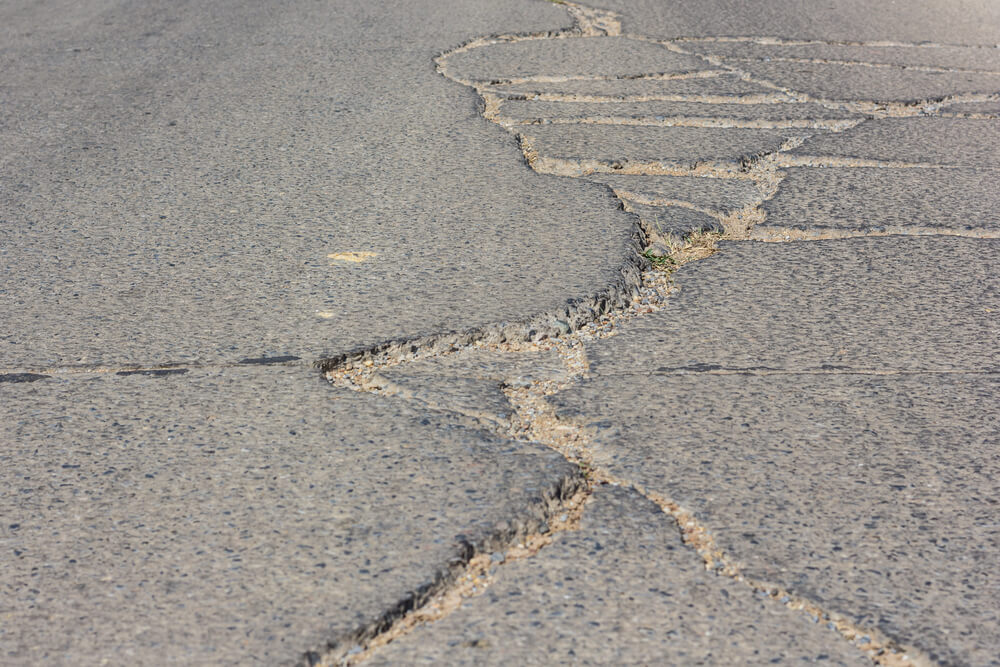
Cracks in concrete can be a source of concern for homeowners and construction professionals alike. However, it’s crucial to understand that a crack’s existence by itself does not necessarily reduce the lifespan of the concrete. Various factors, like the type of crack, its cause, and its impact on the concrete’s performance, should be considered.
Consulting an expert for a thorough evaluation is often the best course of action to determine the seriousness of the issue. With a proper understanding of the situation, you can make informed decisions on how to address cracks in concrete, thereby ensuring its longevity and functionality. Contact Richfield Concrete today to learn more about how cracks might reduce the lifespan of concrete.




